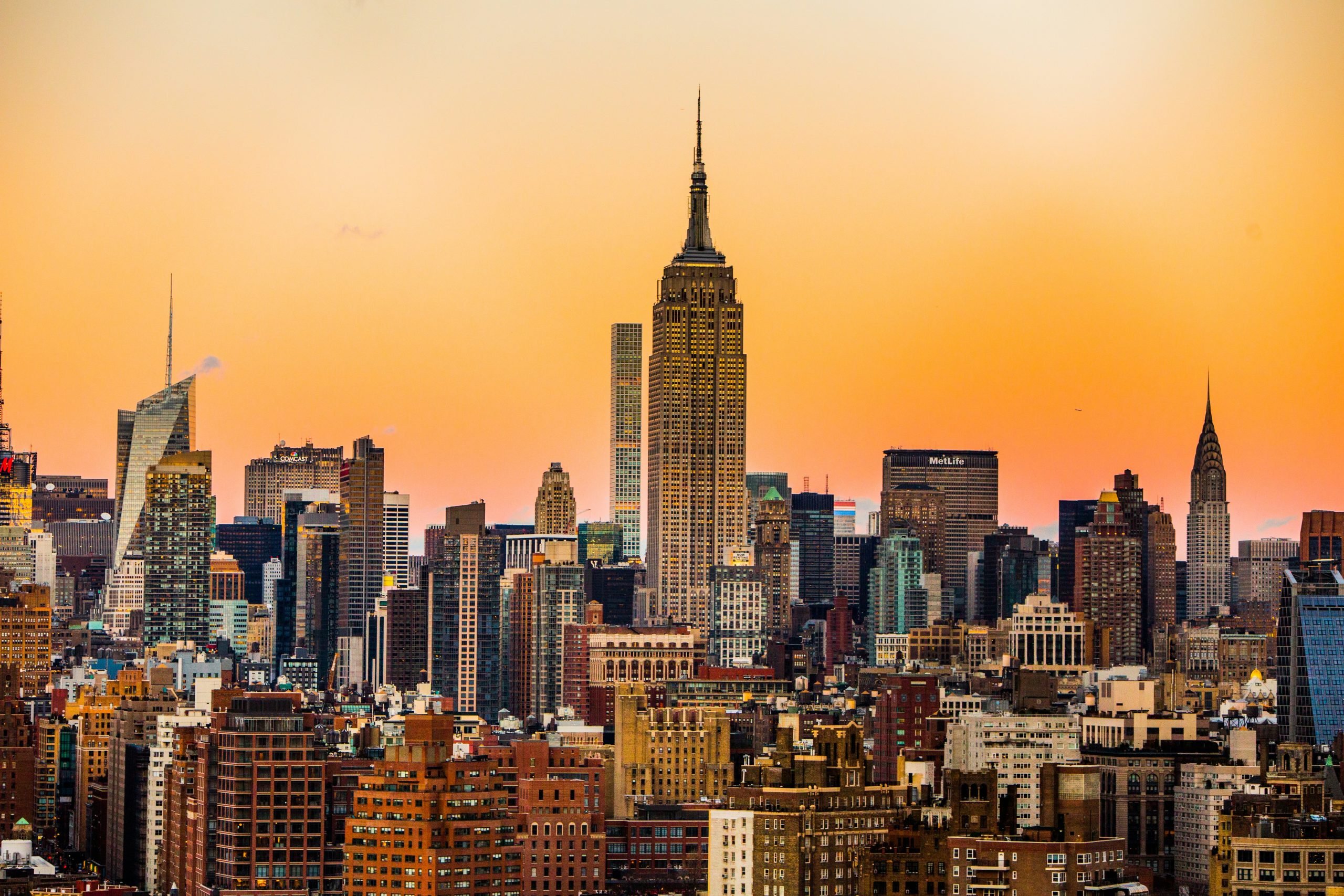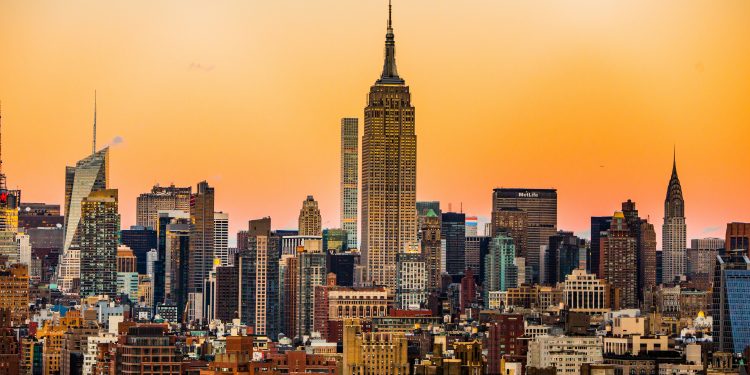The U.S. Justice Department escalated its battle against sanctuary policies Thursday by filing a federal lawsuit challenging New York’s prohibition on immigration arrests near courthouses.
Filed in Albany’s Northern District Court, the complaint targets the 2020 law that established 1,000-foot protected zones around all state judicial facilities, arguing it unconstitutionally obstructs ICE operations.
Attorney General Pamela Bondi condemned the policy as a dangerous obstruction that mirrors California’s controversial sanctuary laws, while New York Attorney General Letitia James vowed to vigorously defend the measure.
At the heart of the lawsuit lies a direct challenge under the Constitution’s Supremacy Clause, which establishes federal law as the “supreme Law of the Land.”

The Justice Department contends New York’s law illegally interferes with ICE’s ability to safely apprehend criminal aliens at courthouses – locations where targets reliably appear for proceedings.
Court documents cite 47 instances since 2021 where ICE agents were denied access to court facilities or had arrests disrupted by state officials.
Weighing the Safety vs. Access to Justice Debate
The Trump administration argues courthouse arrests protect officers and suspects by occurring in controlled environments with security screening. “We cannot allow sanctuary policies to become escape routes for violent criminals,” Bondi stated, referencing cases where deportable felons avoided capture due to the law.
New York counters that the policy ensures all residents – including undocumented immigrants reporting crimes – can access courts without fear. A spokesperson for Chief Administrative Judge Lawrence Marks noted courthouse arrests had previously caused case delays when witnesses failed to appear.
The National Pattern of Sanctuary Battles
Thursday’s lawsuit marks the Justice Department’s second challenge to New York immigration laws this year, following a February suit over information-sharing restrictions.
The action coincides with ongoing protests against Trump’s immigration policies and a parallel California case regarding military deployment for immigration enforcement. Legal experts identify a developing pattern where Democratic-led states create layered legal obstacles to federal immigration operations, while the administration tests novel constitutional arguments to overcome them.
This lawsuit further brings April’s obstruction charges against a Wisconsin judge (who allegedly interfered with an ICE arrest) to light, illustrating growing tensions between state judiciaries and federal immigration authorities.
ICE data shows courthouse arrests accounted for 12% of all 2023 apprehensions, up from 4% in 2016. Advocacy groups credit New York’s law with increasing domestic violence reporting by undocumented women by 22% since enactment, while ICE points to 187 missed arrests of convicted criminals in the same period.

















